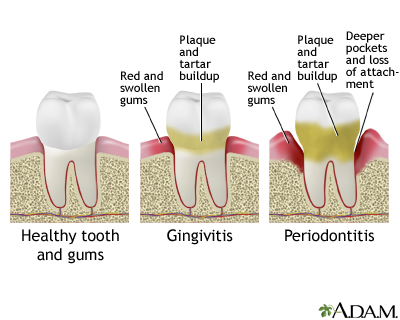 Renal failure or kidney failure (formerly called renal insufficiency) describes a medical condition in which the kidneys fail to adequately filter toxins and waste products from the blood. The two forms are acute (acute kidney injury) and chronic (chronic kidney disease); a number of other diseases or health problems may cause either form of renal failure to occur.
Renal failure or kidney failure (formerly called renal insufficiency) describes a medical condition in which the kidneys fail to adequately filter toxins and waste products from the blood. The two forms are acute (acute kidney injury) and chronic (chronic kidney disease); a number of other diseases or health problems may cause either form of renal failure to occur.
These may be the earliest manifestations, but they can be easily ignored, because there are many factors causing sleepiness and lack of strength. Especially for these people who work very hard, most of them will think these discomforts are caused by pressure and overwork. If these symptoms recover soon after a good rest, they are much easier to be ignored.
It is caused by anemia. Because this symptom progresses very slowly, you won’t find obvious contrast in a short time.
This symptom is easy to be detected. The kidneys can not excrete the redundant water, which lead to the retention of water in the tissue space. There appear edema on the ankles and eyelids at the very beginning and it will disappear after a good rest. If this symptom progresses to continuous edema or systemic edema, it indicates the patient is very sick.
Due to the decline of filtration function of kidneys, the urine volume of patients will decrease as the disease progresses. Although the urine volume may be normal, if toxin or waste released in the urine reduce, it also manifests the kidneys are damaged.
When the kidneys are damaged, renal excretion function of sodium and water will be influenced, leading the retention of sodium and water. At the same time, kidneys will secrete some substances which can raise the blood pressure. Therefore, there may appear various degrees of high blood pressure to the Renal Failure patients in the early stage. When there is high blood pressure together with bad blood clotting mechanism, it may easily cause nasal or gum bleeding.
Due to the high creatine level, toxin accumulated in the body can not be excreted, which will lead to dysfunction of digestive tract and loss of appetite. As the disease progresses, there will appear abdominal discomfort, nausea, vomiting, or even diarrhea. At that time the disease has been more serious and the patients have to go to see a doctor.

